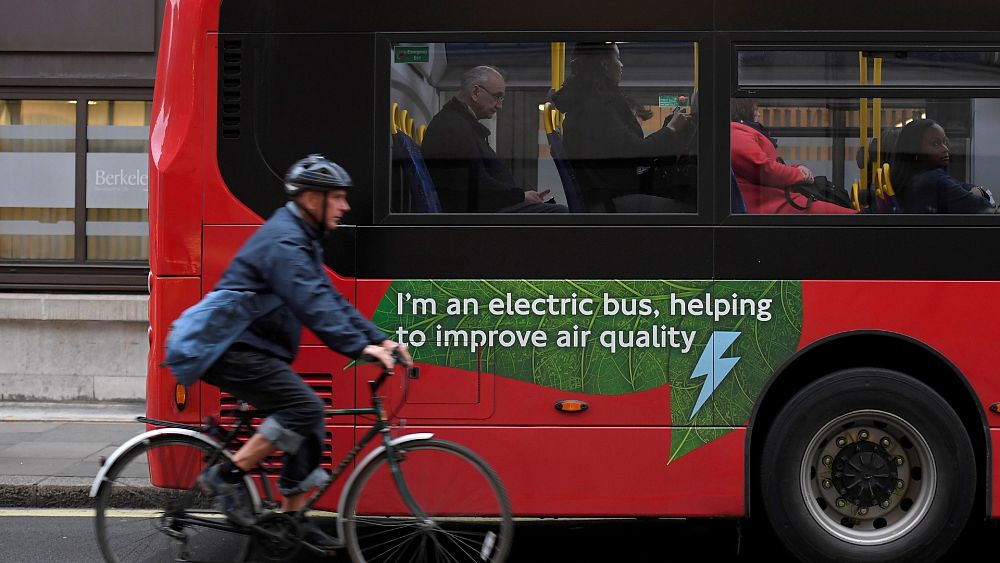
Shared and zero-emission public transport offerings have been analysed across 42 European cities. These are the results.
The Clean Cities Campaign (CCC), a group of more than 80 organisations campaigning for zero emissions mobility, ranked a total of 42 cities. Published on Monday (3 July), the report aims to track decarbonisation in these urban locations.
Shared transport and zero-emission travel options were the focus, and the results were not entirely expected.
How were the locations analysed?
In the first quarter of 2023, CCC’s network, alongside sustainability consultancy Ricardo Energy & Environment, began gathering data on all the featured destinations.
Each location was then scored out of ten on a variety of factors including the availability of shared electric cars, bikes and e-scooters, the number of zero-emission buses in use and the quantity of electric charge points.
The cities themselves were chosen because they are a part of the urban mobility debate and have a good amount of data available.
The smallest to be included was Lille with a population of 195,278 and the largest, Greater London with a population of 8,799,730.
Which European cities have the cleanest and greenest transport?
When it comes to eco-friendly public transport, it won’t surprise many that cities in Denmark, Norway and Sweden made the top ten.
In fact, Copenhagen tops the chart, followed by Oslo, Paris, Amsterdam, Hamburg and Helsinki. Milan comes in seventh, with Lyon, Ljubljana and Lisbon rounding out the top spots.
Paris, Helsinki, Lisbon and Brussels all scored a ten on their shared bikes and e-scooters ranking, while Copenhagen, Amsterdam and Ljubljana scored the same for electric car sharing.
Not one city received full marks for zero-emission buses.
The five worst overall scorers are Edinburgh, Birmingham, Granada, Dublin and lastly, Greater Manchester.
What did the report reveal about zero-emissions transport?
What’s surprising is that, when compared to the CCC’s broader urban mobility ranking report, cities such as Milan, Ljubljana, Budapest and Sofia perform better here. It shows that making in-roads into shared and zero-emission transport isn’t necessarily limited by funding.
The report points to the importance of local leadership in the progress towards zero-emission public transport.
“City leaders that show leadership and ambition are able to make wise and nimble investment decisions which can super-charge their efforts towards a zero-emissions urban future,” says Barbara Stoll, director of the Clean Cities Campaign. ,
“It’s not primarily about having more money – cities that are not among the richest have far outperformed their peers through good regulatory frameworks and forward-looking planning.”
The stars of the show – Oslo, Copenhagen and Amsterdam – remain on track to have entirely emission-free public transport systems by 2030.